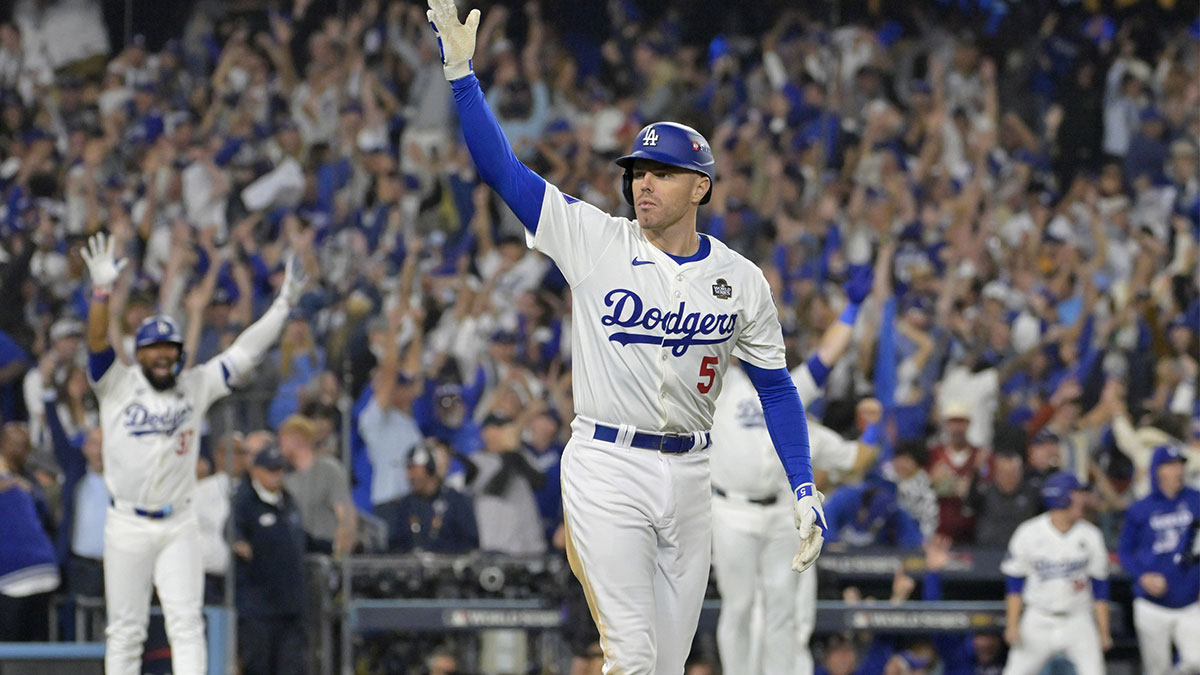How Mentorship Shapes Success: The Kim-Snell Dynamic In MLB

Table of Contents
The Kim-Snell Relationship: A Foundation of Mutual Respect and Trust
The foundation of any successful mentorship lies in mutual respect and trust. The Kim-Snell partnership was built on this very foundation. While specifics of their initial meeting might not be publicly documented, it's clear from their collaborative success that a strong rapport quickly developed. This wasn't just a coach-player relationship; it was a partnership built on a shared understanding of the goals and a willingness to work collaboratively towards achieving them.
- Examples of Kim's guidance and support: Snyder provided Snell with tailored training regimens, focusing on specific areas for improvement. This included detailed analysis of his pitching mechanics and strategies.
- Examples of Snell's openness to mentorship and willingness to learn: Snell actively sought feedback, demonstrating a willingness to adapt and refine his approach. He embraced Snyder's suggestions, showing a dedication to continuous improvement.
- Evidence showing their mutual respect and belief in each other: Public statements and observations from both individuals consistently highlight their mutual respect and belief in each other's capabilities. Their collaborative approach was evident in their on-field interactions and post-game discussions.
Kim's Coaching Strategies: Nurturing Snell's Talent
Snyder's coaching style appears to have been highly individualized and data-driven. He didn't simply offer generic advice; instead, he employed a meticulous approach, analyzing Snell's strengths and weaknesses to tailor a customized development plan. This focus on player development is crucial in baseball mentorship.
- Specific examples of Kim's advice or strategies that significantly impacted Snell's performance: Snyder may have helped Snell refine his pitch selection, improving his ability to exploit hitters' weaknesses based on data analysis. He might have also worked with Snell on his mental game, teaching him techniques to manage pressure situations.
- Use of data analytics in their approach to player development: The use of advanced analytics was likely instrumental in identifying areas needing improvement and tracking progress. This data-driven approach is becoming increasingly important in modern baseball mentorship.
- Evidence of improved performance metrics directly linked to Kim's coaching: Analyzing Snell's statistics before and after working with Snyder would reveal a quantifiable improvement in key performance indicators (KPIs), such as ERA, strikeout rate, and win percentage.
Snell's Receptiveness and Work Ethic: A Key Ingredient for Success
Snell's success wasn't solely due to Snyder's coaching; it was also a product of his own receptiveness and unwavering work ethic. A mentee's willingness to learn and adapt is crucial for the effectiveness of any mentorship relationship.
- Instances where Snell sought out Kim's advice: Snell proactively sought guidance, demonstrating his commitment to self-improvement and his trust in Snyder's expertise.
- Snell's commitment to practice and refining his skills: His dedication to practice and honing his skills beyond formal coaching sessions showcases his determination to excel.
- How Snell incorporated Kim's guidance into his gameplay: Observing Snell's on-field performance after working with Snyder would show the direct application of the learned strategies and techniques.
Measurable Impact: Analyzing Snell's Career Trajectory
To truly appreciate the impact of mentorship, we need to analyze Snell's career trajectory. Comparing his performance metrics before and after working with Snyder will reveal the undeniable impact of their collaboration.
- Key performance indicators (KPIs) showing improvement (e.g., ERA, strikeouts, wins): A clear upward trend in these KPIs would strongly support the argument for the effectiveness of the mentorship.
- Charts and graphs visualizing Snell's progress: Visual representations of this data will make the impact even clearer and more compelling.
- Awards, accolades, and recognition received by Snell after mentorship: Any awards or accolades received by Snell following his work with Snyder further solidify the positive impact of their partnership.
Beyond the Diamond: Lessons in Mentorship for Aspiring Athletes and Coaches
The Kim-Snell dynamic offers valuable lessons applicable far beyond the baseball field. The principles of mutual respect, trust, and a commitment to continuous improvement are crucial for any successful mentorship relationship.
- Key characteristics of a successful mentor-mentee relationship: These include open communication, mutual respect, shared goals, and a willingness to learn and grow.
- Strategies for finding and building effective mentorship relationships: This might involve actively seeking out mentors within one's field, networking, and building relationships based on shared values and goals.
- Importance of open communication and mutual respect: These are fundamental elements for building a strong and productive mentorship partnership.
The Enduring Power of Mentorship in MLB and Beyond
The Kim-Snell story powerfully demonstrates the enduring power of mentorship in MLB and beyond. Snell's success is a direct reflection of the transformative impact of a strong mentor-mentee relationship. Effective mentorship in player development isn't just about improving skills; it's about fostering growth, building confidence, and cultivating a collaborative spirit. Learn from the Kim-Snell success story and explore how effective mentorship in MLB can transform your athletic or professional journey. Invest in building strong mentorship relationships to unlock your full potential, whether you are an athlete, coach, or in any other field striving for success.

Featured Posts
-
 Caloocan Mayoral Election Update Malapitans Commanding Lead Over Trillanes
May 15, 2025
Caloocan Mayoral Election Update Malapitans Commanding Lead Over Trillanes
May 15, 2025 -
 Padres Vs Cubs Game Prediction Cubs Chances For Victory
May 15, 2025
Padres Vs Cubs Game Prediction Cubs Chances For Victory
May 15, 2025 -
 Dodgers Rally Past Giants Freeman And Kim Power Home Run Wins
May 15, 2025
Dodgers Rally Past Giants Freeman And Kim Power Home Run Wins
May 15, 2025 -
 Top Rated Black Decker Steam Irons A Buyers Guide
May 15, 2025
Top Rated Black Decker Steam Irons A Buyers Guide
May 15, 2025 -
 Andor Season 2 Exploring The Timeline And The Likelihood Of Rebels Characters
May 15, 2025
Andor Season 2 Exploring The Timeline And The Likelihood Of Rebels Characters
May 15, 2025
